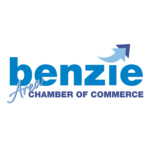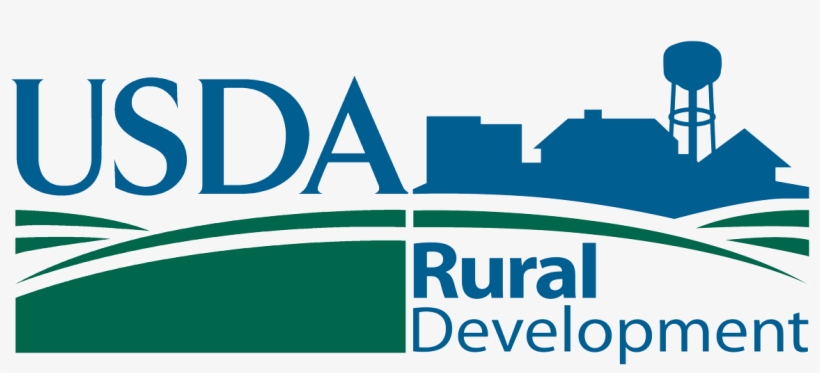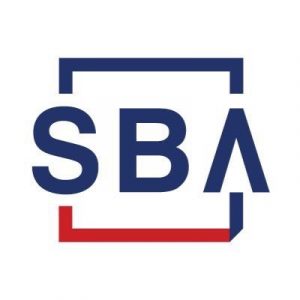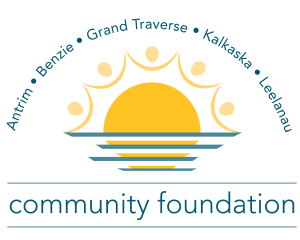Chamber Fund Finder
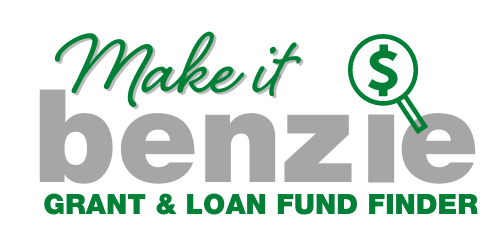
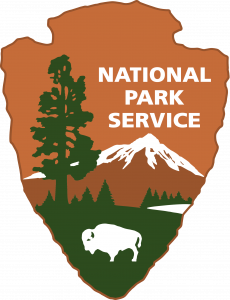
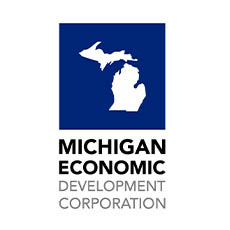
NATIONAL PARK SERVICE MOBILITY CHALLENGE PROGRAM
The NPMMC invites mobility companies and public agencies to propose solutions to one or multiple of the following Areas of Innovations the State identified as priorities within Michigan’s National Parks:
1. Small-Scale Electric Shuttles and Automated Driving Systems (ADS): Multi-passenger transit services, such as small-scale electric shuttles (either human-operated or ADS-operated). These technologies provide visitors with a greater variety of transportation options, ease navigation in and around NPS sites, replace private motor vehicle trips, alleviate parking and roadway congestion in busy areas, improve access for persons with disabilities, and reduce the environmental impact of visitors’ travel.
2. Multimodal Electric Charging Hubs: Integrated multimodal electric charging hubs in and around NPS gateway communities. With the advancement of electric mobility devices, the State and NPS will create more capacity for the public and fleet operators to charge their electric vehicles while traveling and recreating in Michigan’s great outdoors.
3. Micromobility: Concepts that expand shared micromobility services that provide visitors with dynamic, enjoyable alternatives to motor vehicle trips. These technologies can facilitate both short, “last mile” trips from the campsite to the store or enable visitors without their own bikes to experience Michigan’s trails on an all-day adventure.
Successful submissions will be evaluated for implementation, including through follow-up conversations with Michigan and NPS. Grant funding is available to support the most promising innovations, affording companies the opportunity to pilot their products and services in Michigan’s world-renowned National Parks for the public’s use, benefit, and enjoyment. Piloted projects are anticipated to relieve parking lot and roadway congestion, increase the availability of charging stations for electric mobility devices, or offer access to convenient alternatives to private motor vehicle travel. NPS and the State will evaluate these pilot projects to help inform possible long-term deployments of similar technologies in recreational settings throughout the State, as well as at National Parks in other states.
COMMUNITY FOOD PROJECTS COMPETITIVE GRANT PROGRAM
The objectives for Community Food Projects Competitive Grant Program (CFPCGP) projects, deadlines, funding information, eligibility criteria for projects and applicants, and application forms and associated instructions. In FY 2023 NIFA’s CFPCGP intends to solicit applications and fund three types of grants. The grant types are entitled (1) Training and Technical Assistance (T&TA) Projects, (2) Planning Projects (PP) and (3) Community Food Projects (CFP).

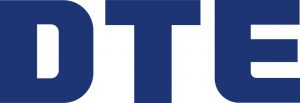
BUSINESS ENERGY EFFICIENCY REBATE
If your business has completed or started an electric energy efficiency project since Jan. 1, 2022, but hasn’t yet applied for a rebate, you could qualify for an extra 20% when you apply before Oct. 31, 2023*. If you miss this deadline, you can still qualify for an extra 10% when you apply by Nov. 30, 2023*.
Don’t miss this chance to get more out of your rebate. With bonus dollars on top of already great rebates, your bottom line could get an extra boost and you’ll see a return on your project’s energy cost savings even sooner.

TECHNOLOGY IMPLEMENTATION GRANT
MEDC’s Industry 4.0 Technology Implementation Grant program will provide 50% reimbursement for qualifying I4.0 technology costs up to $25,000 for eligible Michigan manufacturers.
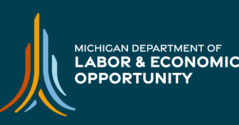
The Work Opportunity Tax Credit is a federal business credit available to private, for-profit employers who hire workers from targeted groups that experience difficulty finding work. These labor pools include veterans; ex-felons; long-term unemployment recipients; Temporary Assistance to Needy Families (TANF), Supplemental Nutrition Assistance Program (SNAP), or Social Security recipients; workers with physical or mental disability; or applicants who live in the Rural Renewal Counties (RRC) of Gogebic, Marquette and Ontonagon or in Detroit's Empowerment Zone.
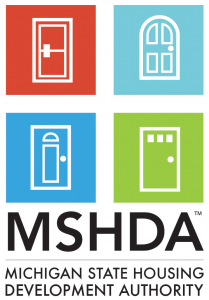
The Homeowner Assistance Fund was established under section 3206 of the American Rescue Plan Act of 2021 (the ARP) to mitigate hardships associated with the coronavirus pandemic by providing funds to prevent homeowner mortgage delinquencies, defaults, foreclosure, loss of utilities or home energy services and displacements of homeowners experiencing financial hardship on or after January 21, 2020 or for those homeowners who experience a coronavirus pandemic financial hardship that began before January 21, 2020 but continued after that date.
The U.S. Department of the Treasury notified MSHDA on April 14, 2021 that it will allocate $242,812,277 to the State of Michigan. This number was based on unemployed individuals and the number of mortgagors with delinquent mortgage payments.
Governor Gretchen Whitmer has designated the Michigan State Housing Development Authority (the Authority or MSHDA) as the operating agency to set up the Michigan Homeowner Assistance Fund (MIHAF) program in accordance with the guidance provided by the Treasury.
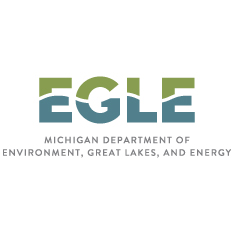
The Michigan Department of Environment, Great Lakes, and Energy (EGLE) is committed to forming partnerships with interested groups and local community organizations to achieve the mutual goal of protecting and enhancing environmental quality in Michigan, for the benefit of current and future generations.
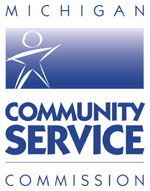

The Michigan Community Service Commission is pleased to announce the availability of funds to support new and recompeting Michigan’s AmeriCorps programs to start in the fall of 2022.
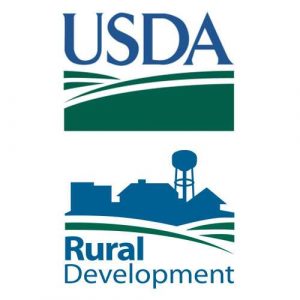
|
USDA Rural Development Business Loans and Grants
|
|
Business Programs provide financial backing and technical assistance to stimulate business creation and growth. The programs work through partnerships with public and private community based organizations and financial institutions to provide financial assistance, business development, and technical assistance to rural businesses. These programs help to provide capital, equipment, space, job training, and entrepreneurial skills that can help to start and/or grow a business. Business Programs also support the creation and preservation of quality jobs in rural areas.
Michigan was recently awarded a part of a $7.5M grant for the 2022 TEFAP Farm to Food Bank Program
|
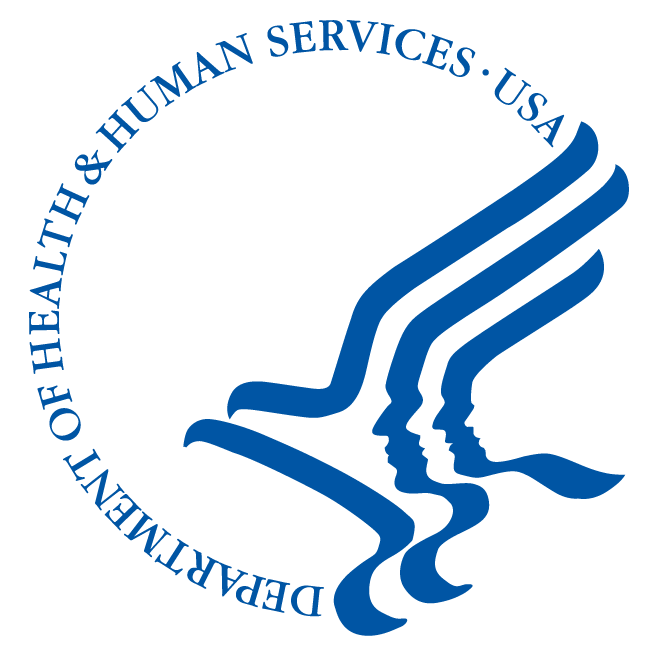
The Rural Communities Opioid Response Program (RCORP) is a multi-year initiative by the Health Resources and Services Administration (HRSA) aimed at reducing the morbidity and mortality of substance use disorder (SUD), including opioid use disorder (OUD) in high-risk rural communities. This notice announces the opportunity to apply for funding under the RCORP–Behavioral Health Care Support (RCORP-BHS). RCORP-BHS will advance RCORP’s overall goal by improving access to and quality of SUD and other behavioral health care services in rural communities. For the purposes of this NOFO, improving rural behavioral health care service delivery includes increasing access to and utilization of prevention, treatment and recovery services to improve the care for those affected by behavioral health conditions, which may include substance use and mental health disorders.
Created in 1953, the U.S. Small Business Administration (SBA) continues to help small business owners and entrepreneurs pursue the American dream. SBA is the only cabinet-level federal agency fully dedicated to small business and provides counseling, capital, and contracting expertise as the nation’s only go-to resource and voice for small businesses.
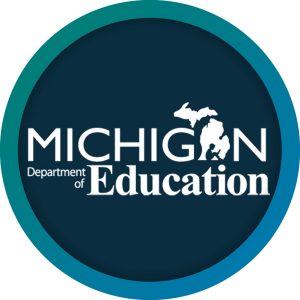
Michigan's Child Care Stabilization Grants
Child care providers are heroes. We are grateful for the work you do for our children and communities. This fall, the Legislature passed, and Governor Whitmer signed a budget that includes over $700 million in grant funding to support child care providers like you.
These funds are available to help keep your doors open and focus on what matters most-supporting kids and families.
This website provides all the information you need to apply for the Child Care Stabilization Grant, track your expenses, and make investments in your program and facility.
Translated versions of downloadable materials on this page are available in Arabic, Burmese, Chinese, Kinyarwanda, and Spanish. Contact us to request translated materials.
The Grand Traverse Regional Community Foundation began in 1992 when a group of community champions came together around a vision to give back to our five-county region then, now, and forever.
This vision lives on within our organization today as we continue supporting a variety of community need areas, including youth, arts and culture, education, environment, and health and human services.
We do this by promoting giving, engaging in collaborative leadership, supporting nonprofit organizations through meaningful grants and local students through scholarships, and building endowments that make a lasting impact for generations to come.
To date, we have received more than $123 million in gifts and awarded over $65.7 million in grants and scholarships.
